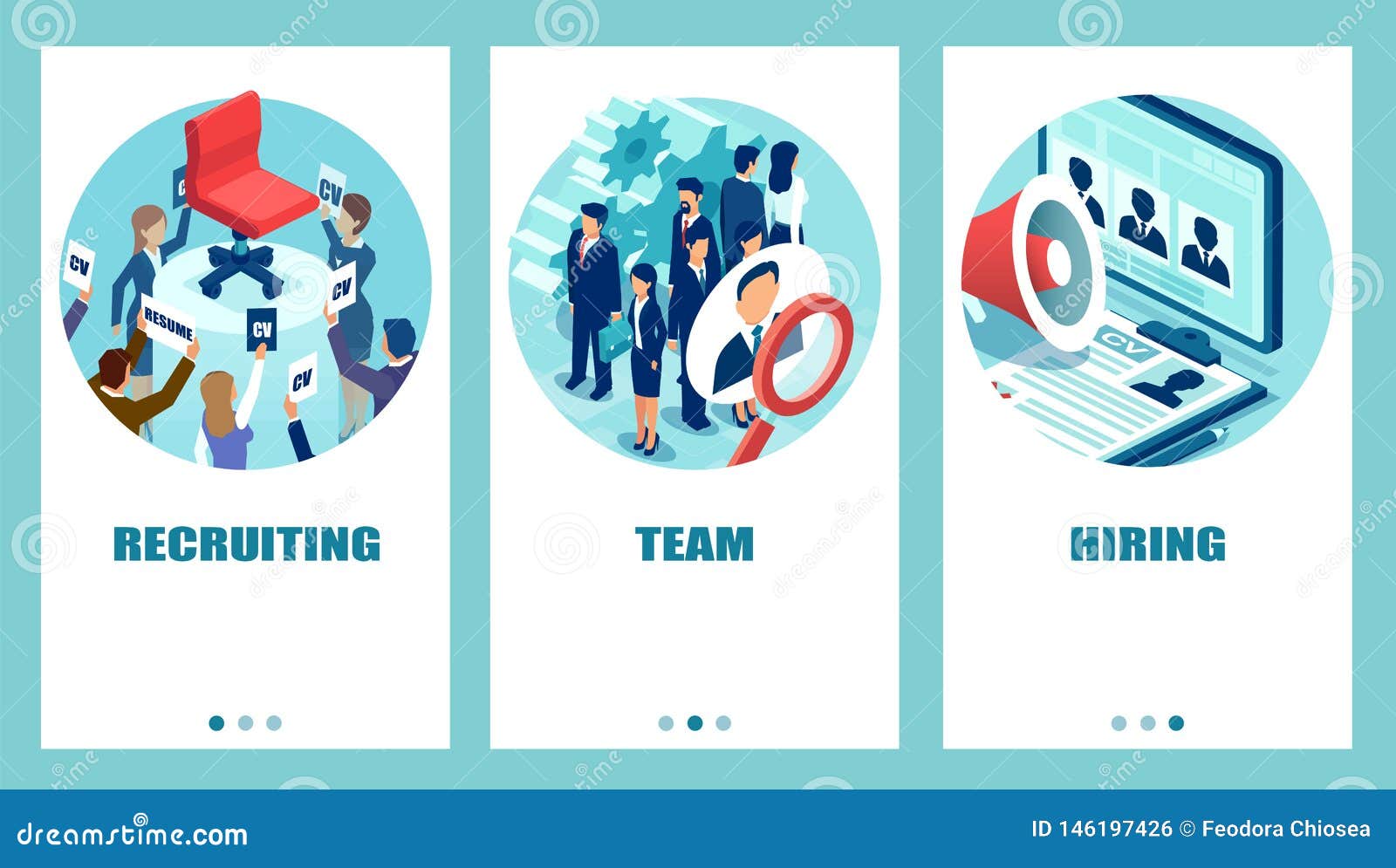- Requirements:Bachelor's or Master's degree in a relevant field such as Human Resources, Education, or Organizational Development.
- Extensive experience in learning and development, with progressive responsibility, preferably in a leadership role.
- Strong understanding of instructional design principles and adult learning theories.
- Excellent communication and interpersonal skills, with the ability to build relationships and influence stakeholders at all levels.
$ads={1}
- Proven experience in designing and implementing successful learning strategies and programs.
- Familiarity with learning management systems (LMS) and other e-learning platforms.
- Strong analytical and problem-solving abilities to assess training needs, evaluate program effectiveness, and make data-driven decisions.
- Leadership and people management skills, with the ability to motivate and inspire a team.
- Knowledge of compliance and regulatory requirements related to training and development.
- Adaptable and flexible mindset, with the ability to thrive in a dynamic and fast-paced environment.
Responsibilities:1. Strategy Development: Develop and implement a comprehensive learning and development strategy aligned with the organization's goals and objectives.
2. Training Programs: Design, develop, and deliver learning programs that address the organization's training needs, both for new hires and ongoing professional development.
3. Learning Management Systems: Oversee the selection, implementation, and maintenance of learning management systems (LMS) or other platforms to facilitate efficient training delivery and tracking.
4. Team Management: Build and lead a team of learning professionals, including trainers, instructional designers, and content developers, ensuring effective collaboration and optimal performance.
5. Performance Evaluation: Establish and monitor key performance indicators (KPIs) to measure the effectiveness and impact of learning programs, making data-driven decisions for continuous improvement.
6. Talent Development: Identify high-potential employees and design talent development programs to nurture their skills and capabilities, fostering a culture of learning and growth.
7. Compliance and Regulations: Stay up to date with relevant laws, regulations, and industry standards to ensure learning programs comply with legal and ethical requirements.
8. Stakeholder Engagement: Collaborate with various stakeholders, including department heads, senior leaders, and HR, to identify learning needs, gain support, and align learning initiatives with organizational priorities.
9. Budgeting and Resource Management: Develop and manage the learning department's budget, allocate resources effectively, and optimize costs without compromising the quality of training programs.
10. Industry Trends: Keep abreast of emerging trends, best practices, and innovations in learning and development, integrating new technologies and methodologies where appropriate.

